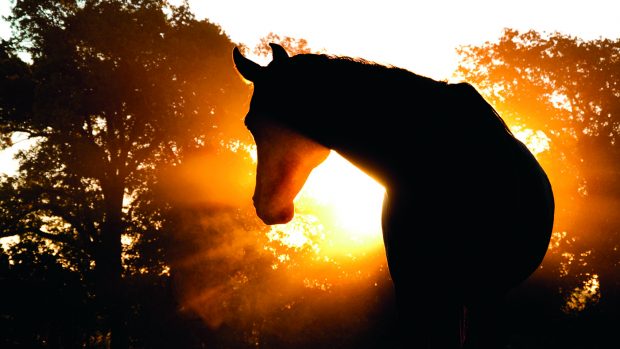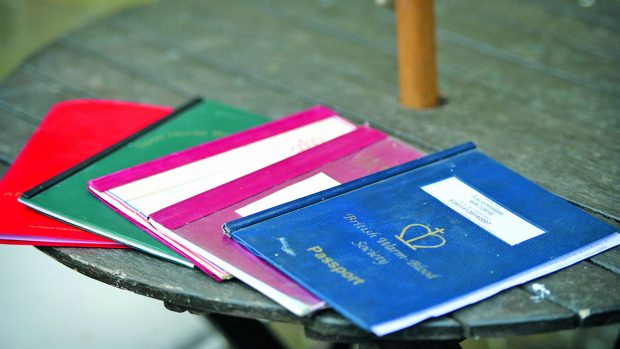Horsemeat that has been tainted with the anti-inflammatory drug bute could be getting into the food chain, the British Horse Society (BHS) has warned.
And its concerns were been brought up in Parliament today (24 January) by shadow environment secretary Mary Creagh.
Ms Creagh told the House of Commons that “several” UK-slaughtered horses had tested positive for bute, despite it being unlawful for horses that have been administered the drug to be slaughtered for meat.
But agriculture minister David Heath said all meat is checked to ensure it is fit for human consumption and meat that tests positive for bute and other drugs is disposed of.
“Where positive results for phenylbutazone [bute] are found, the Food Standards Authority investigates and takes follow-up action to trace the meat,” he told the Commons.
Tesco everyday value beef burgers were found to contain 29 per cent horsemeat in tests by the Food Standards Authority of Ireland (FSAI), it was revealed earlier this week.
And very small amounts of horse DNA — between 0.1 and 0.3 per cent — were found in some beef burger ranges sold by Tesco, Aldi, Lidl, Iceland and Dunnes Stores.
No bute was found in the samples tested by the FSAI.




